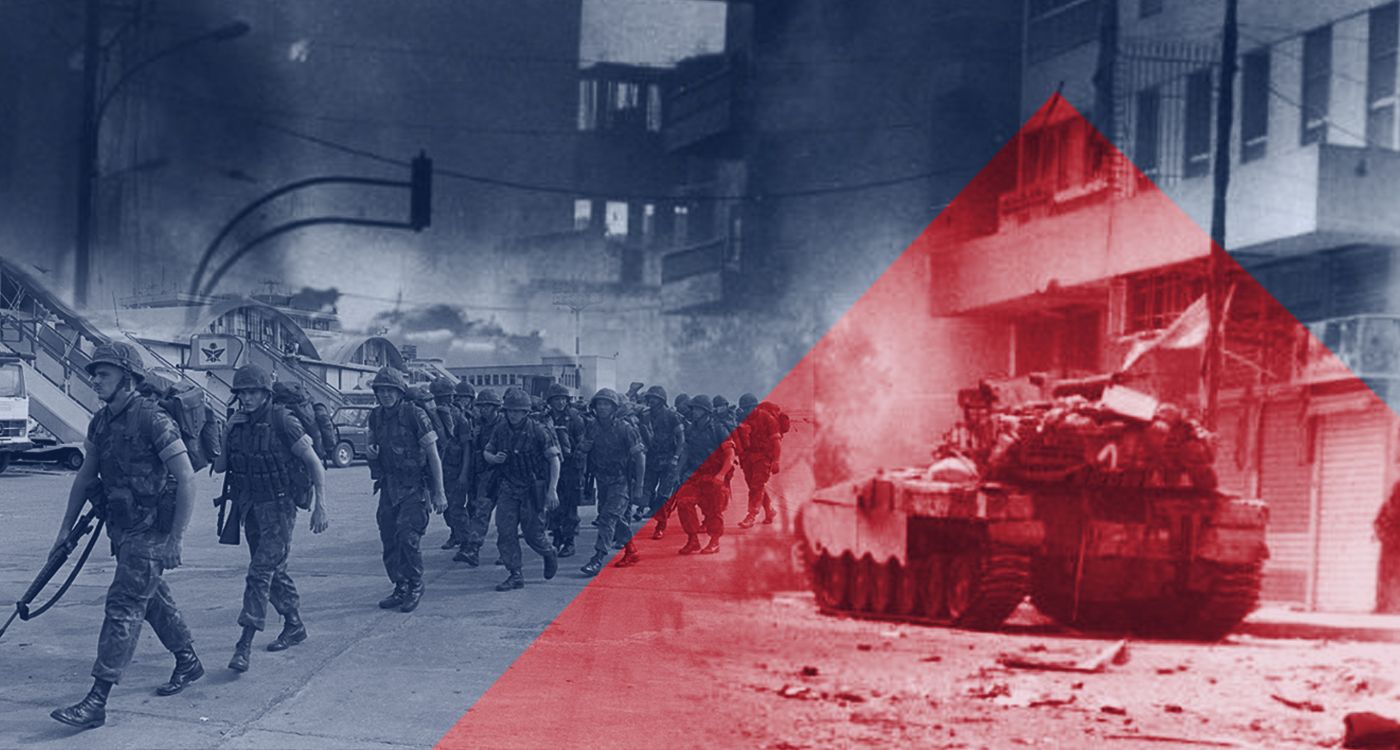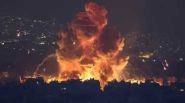
Many draw parallels between the Israeli invasion of 1982, the election of President Bachir Gemayel, and today’s invasion, along with the possibility of electing a president under similar circumstances.
It’s important to discuss the 1982 events in detail, especially since opposition parties often link Gemayel’s election to the Israeli invasion, a narrative that is historically inaccurate and politically motivated.
In 1982, Israel’s goal was to expel the PLO from Beirut, which was achieved with Yasser Arafat’s departure to Greece on August 30. There was no political agreement between Bachir Gemayel and Israel, despite the clear support he received at the time. This support was aimed at maintaining a Christian presence in Lebanon against the armed Palestinian expansion.
The circumstances were different back then. Bachir Gemayel was the preferred candidate for most Christians and had the backing of President Elias Sarkis, who facilitated US connections. He also sought to build bridges with Muslim leaders. Although Walid Joumblatt opposed him, and Majid Arslan and Saeb Salam didn’t support him, Sunni MPs were secured to ensure a quorum for his election. The Speaker of Parliament, Kamel El-Assaad, supported Gemayel’s candidacy, enabling him to win the necessary votes, even in a second round.
It’s also important to note that the 1982 invasion wasn’t aimed at electing a president, and Bachir was clear in refusing to initiate a peace process with Israel without national consensus, leading to his final tense meeting with the Israelis before his assassination. His election was assured without the invasion, though he recognized the invasion’s potential to expedite the process and give him leverage to negotiate Israel’s withdrawal after their mission was completed.
Today’s circumstances are different. Israel’s objective is not to eliminate Hezbollah politically but to dismantle its military infrastructure and ensure safety along its northern borders. Despite Israeli claims of a limited operation, their broader intentions remain doubtful.
Additionally, there is no internal consensus on the current situation or a presidential candidate. All parties are waiting for the operations in Lebanon and Gaza to conclude before deciding their next steps. Electing a president before these operations end seems nearly impossible. Candidate Sleiman Frangieh’s statements from Ain al-Tineh reflect this uncertainty, as his candidacy appears to hinge on Israel’s progress and the outcome of the US presidential elections.
In short, while the constitutional process in 1982 was largely secured, it is today in the hands of a Parliament led by an ally of Hezbollah, who is unlikely to call for a session until the situation clarifies. The lack of consensus and a viable candidate further complicates the process.



Comments